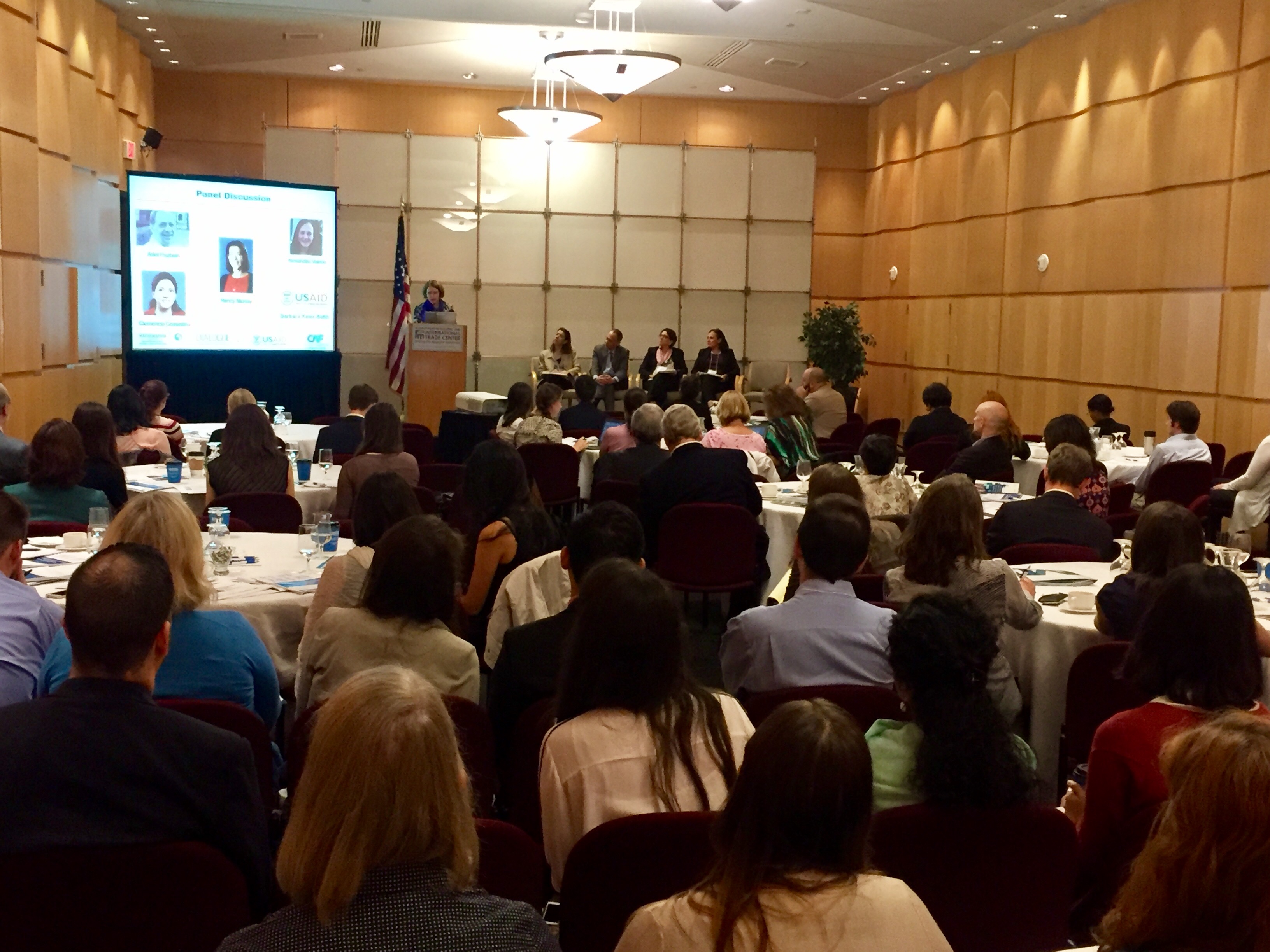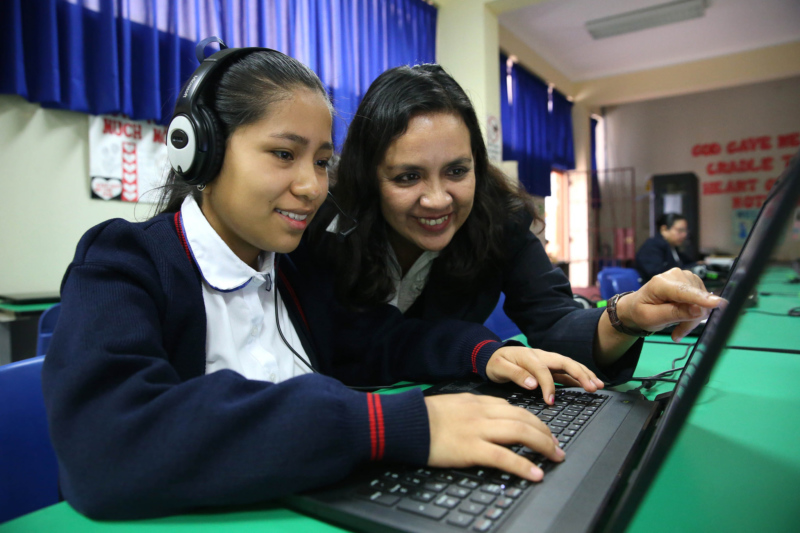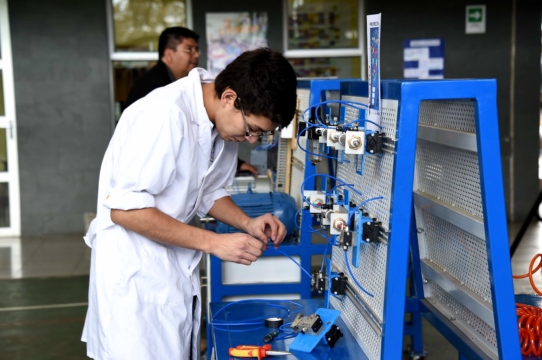
Latin America’s Productivity Challenge
There is a gap between the skills that the Latin American workforce offers and the skills that companies in the region demand.
Latin America’s history has been characterized by fluctuating rates of economic growth, insufficient development of human capital, and high levels of income inequality. The end of a decade-long cycle of growth driven by high commodity prices signals that countries in Latin America must now face the challenge of improving productivity as a source of sustainable and equitable long-term growth. This requires tackling the challenge of skills development throughout the region.
On Thursday, October 20th, the Inter-American Dialogue launched the report “The Skills Development Challenge in Latin America: Diagnosing the problems and identifying public policy solutions“, the result of a joint effort with Mathematica Policy Research, with support from CAF – Development Bank of Latin America. The event, organized in collaboration with USAID, took place the Ronald Reagan Building. Click here to watch a recording of the event.
Speakers included Sarah-Ann Lynch, Senior Deputy Assistant Administrator for LAC, USAID; Ariel Fiszbein, Director of Education, Inter-American Dialogue; Clemencia Cosentino, STEM Area Leader, Mathematica Policy Research; Karen Towers, Education Leader LAC/RSD, USAID; and Alexandria Valerio, Senior Economist, Education, World Bank. The session was moderated by Nancy Murray, Director, International Research Division, Mathematica Policy Research.
 The report demonstrates that, in spite of the striking increase in the years of schooling attained by adults in Latin American countries, there is compelling evidence of inadequate basic, technical, and socio-emotional skills development across the region. These gaps represent a bottleneck to productivity growth and to the ability of Latin American workers to obtain gainful employment. Research also shows that relevance, quality, and efficiency limitations in secondary and tertiary education are key drivers of the skills development problem.
The report demonstrates that, in spite of the striking increase in the years of schooling attained by adults in Latin American countries, there is compelling evidence of inadequate basic, technical, and socio-emotional skills development across the region. These gaps represent a bottleneck to productivity growth and to the ability of Latin American workers to obtain gainful employment. Research also shows that relevance, quality, and efficiency limitations in secondary and tertiary education are key drivers of the skills development problem.
The report advances four recommendations that seek to leverage policy tools (regulations, financial incentives, information, and public/private partnerships) to (1) better align the content and skills taught with the demands of the labor market, (2) enhance quality, and (3) improve graduation rates in secondary and tertiary education.
Main takeaways of the event:
• Education systems in Latin America are not providing businesses with the human resources those businesses need to thrive and grow. Employers throughout Latin America increasingly report difficulties in finding qualified applicants for vacant positions: 42 percent reported this in 2015 employer surveys, compared to 34 percent in 2010
• International tests show deficiencies in basic skills. The results of the 2012 International Student Assessment Program (PISA) indicate that, on average, students in the 8 participating countries in Latin America scored well below the OECD average in reading, mathematics, and science.
• Women are underrepresented in STEM fields throughout Latin America. Among STEM graduates in nearly all countries, women are more likely to graduate with degrees in physical and biological sciences than with degrees in mathematics, computer science, and engineering. Lack of self-confidence may help explain why fewer women graduate in engineering, computer science and mathematics.
• Research indicates that socioemotional skills are highly valued and rewarded by employers, yet development of these skills is generally absent from curricula. Socio-emotional skills show improvements in mental health, civic engagement, education attainment, and even the salary of an individual.
The event convened ~100 key policymakers, academics, business professionals, donors, and experts in workforce development to discuss the state of technical education and professional training in Latin America, review lessons from experience, and explore opportunities for reform in the region.
There is a gap between the skills that the Latin American workforce offers and the skills that companies in the region demand.
What are the main benefits and challenges of secondary technical and vocational education for Latin American countries?
Online competency-based education (OCBE) has emerged as a viable option to help reduce the skills gap in the Americas
 Minedu Peru / Flickr / CC BY-NC 2.0
Minedu Peru / Flickr / CC BY-NC 2.0

